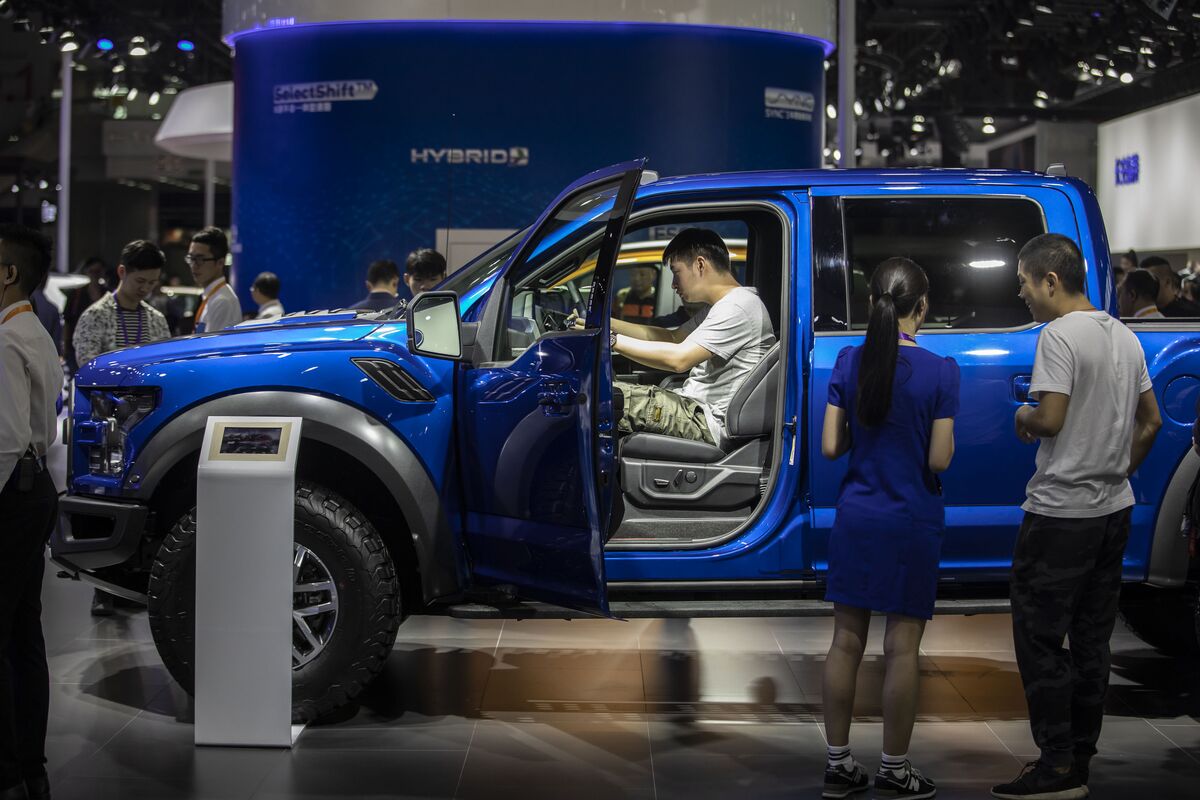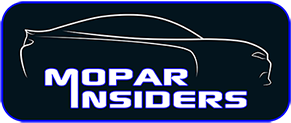MIT professors Leslie Bromberg, Daniel R. Cohn and John B. Heywood, who have been working for decades on improvements to internal-combustion engines, say they invented dual-injection technologies that allow for better fuel-and-air mixing and combustion stability than direct injection, with less engine knock.
“Revolutionary throughout the industry,” is how MIT describes the technologies, which have been cited by more than 115 other patents, including dozens by Ford, according to the lawsuit filed in federal court in Wilmington, Delaware.
The professors transferred ownership of their creations to MIT, one of the premier U.S. research universities, which then granted exclusive patent-licensing rights to a small company the three men founded, Ethanol Boosting Systems LLC. EBS offered to license patents on the enhancements to Ford in 2014, but the company declined.
Since then, the technologies have become integrated into new EcoBoost engines Ford is promoting in recent models, including F-150 trucks, Lincoln Navigator sport-utility vehicles and Ford Mustang sports cars, according to the plaintiffs.
Heywood, who was director of the Sloan Automotive Laboratory at MIT and wrote the 1988 textbook “Internal Combustion Engine Fundamentals,” emailed two Ford executives in October 2014 to discuss licensing the dual-injection technology, according to the complaint. Heywood cited MIT’s history with Ford and wrote that EBS “would like to give Ford the first opportunity” to license a portfolio of five patents, one of which is named in the lawsuit.
After a volley of emails, Bill Coughlin, then Ford’s chief intellectual-property officer, agreed to meet at MIT in April 2015. According to the complaint, Coughlin proposed that “in exchange for EBS agreeing not to assert the patents against Ford,” the auto giant “would work with EBS to market other MIT/EBS technology.” At one point in the conversation, Coughlin asked the three professors “whether they were ‘greedy inventors,’” the complaint says.
EBS invited Ford to analyze the patents and identify any that weren’t applicable to its products, but that never happened, the plaintiffs allege. After more rounds of emails and phone calls, including with Greg Brown, then the counsel for global engine intellectual property at Ford Global Technologies LLC, the carmaker told EBS in November 2015 that it wasn’t interested in licensing the patents.
Asked whether Ford might be interested in the technology for future vehicles, Brown, according to the complaint, “indicated that Ford had no plans that he knew of to use that technology in its vehicles.”
But Ford “did have imminent plans” to use the technology, and “already was incorporating that technology into its engines and fuel-management systems,” MIT and EBS said in the lawsuit. The complaint cites a June 2017 press release in which Ford said it was using dual port- and direct-injection technology in its 3.5-liter EcoBoost engines and other engines that are available in the F-150, Expedition and other models.

